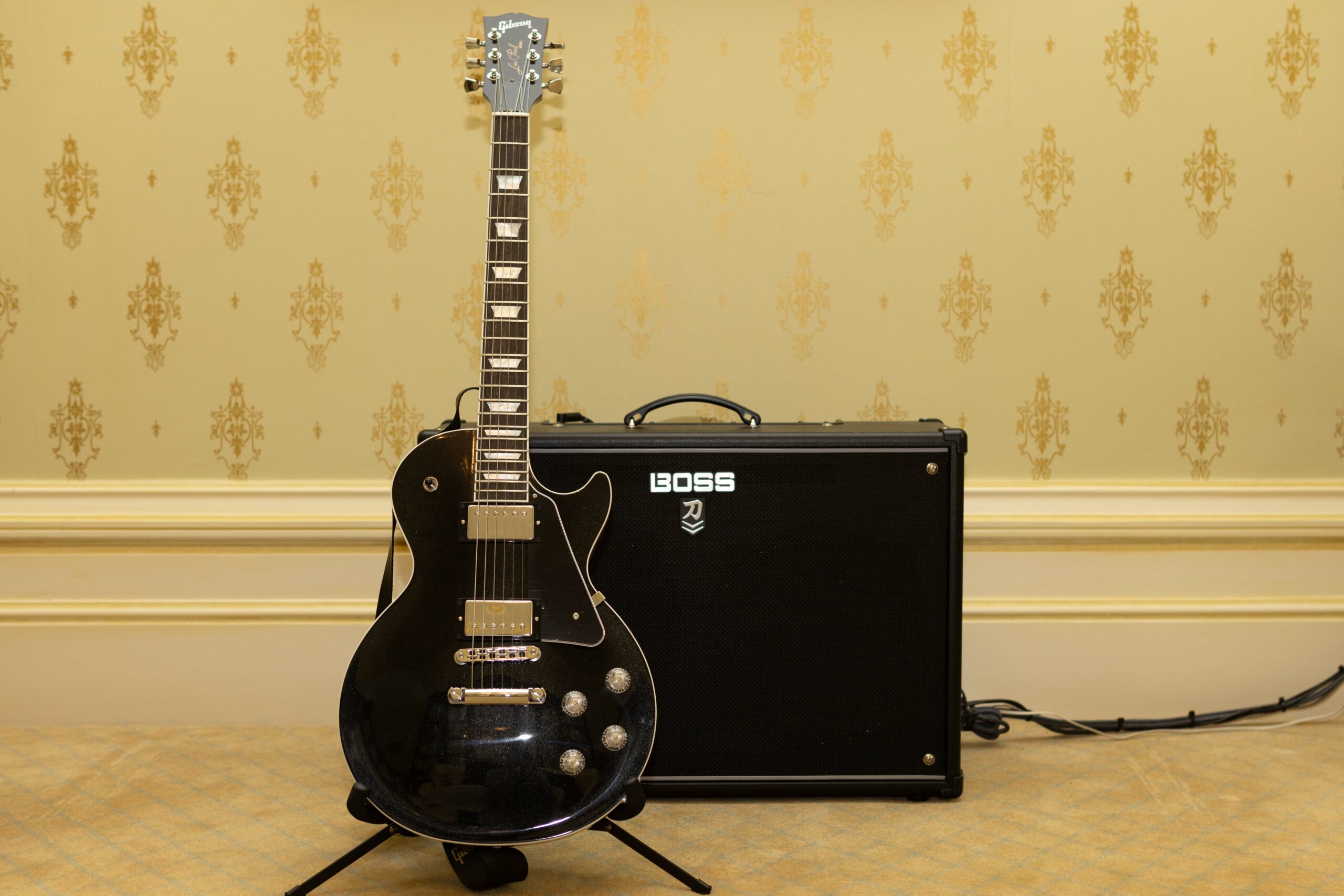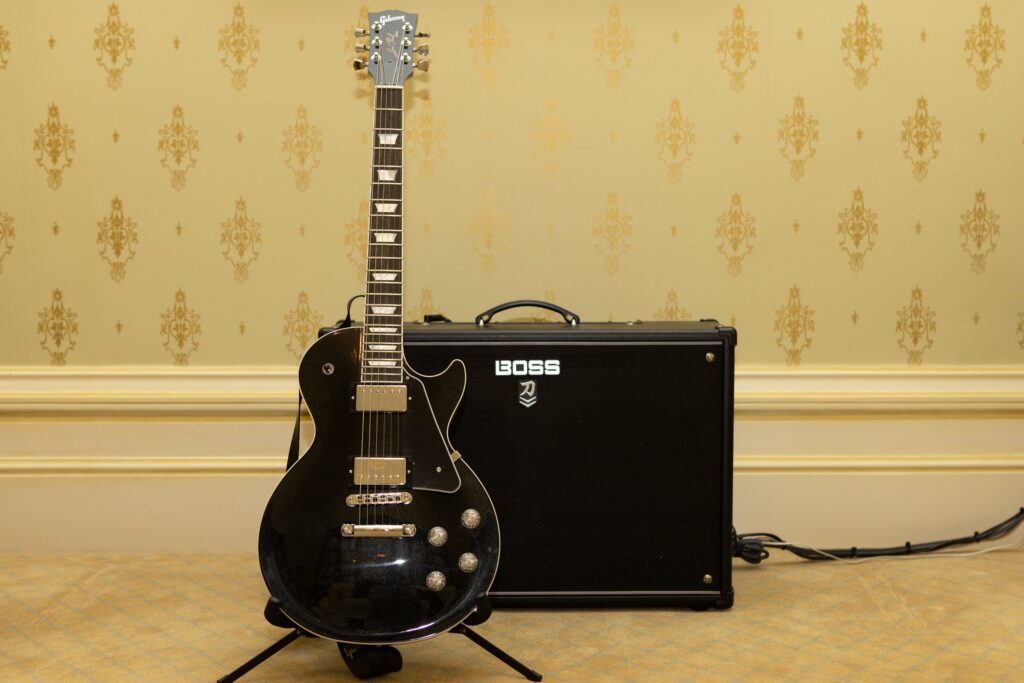Hi everyone,
For a number of years, I have noticed how much benefit many people I work with get from music. Many play instruments and many others enjoy listening to music. I was therefore very interested when I saw a session at the Boston International Trauma Conference looking at the role of music in helping people recover from trauma. It was presented by Adriana Barton, who, experienced a number of traumatic events during childhood. She also has a background in music and beginning at the age of 5 years, she studied the cello for nearly 2 decades. She is a health journalist, and she has written a book called “Wired for Music” which explores music as a source of health, resilience, connection and joy.
Professor Bessel van der Kolk introduced Adriana and he said important parts of recovering from trauma are attunement, belonging and being in rhythm with another human being. Music helps all of these!
The following are the points Adriana made during her presentation at the Boston International Trauma Conference.
Dopamine is a chemical released in the brain that causes you to feel good. Having the right amount of dopamine is important for body and brain health. Music stimulates dopamine release in the brain.
Endogenous opioids are widely distributed throughout the central and peripheral nervous system, particularly the part that regulates pain, emotion, reward, stress responses, motivation, addiction and autonomic control. They are all involved in mental health. Music stimulates the release of endogenous opioids.
Music has been found to be helpful for anxiety, depression and trauma symptoms. Adriana said that there are studies showing that music is a viable alternative therapy for anxiety prior to surgery.
Studies show music affects the rate of your heart and breathing as well as the rate at which your brain nerve cells fire.
The tempo of the music is an important factor that influences mood. A tempo of 60 beats per minute, which is approximately the human heart rate, is calming. A tempo of 120 music beats per minute increases energy. Studies done at the McMaster University showed that an audience listening to music adjusted their brain waves to be in sync with the music tempo played by musicians. People in the audience then felt more connected to each other. Music leads to a sense of belonging and connection. For people with a history of trauma, it enables people to be with others and to have a shared experience in a safe way.
Adriana said that when we move in rhythm with other human beings, we are more likely to empathize with them and to connect with them. She made the point that we are pack animals.
Music stimulates surges of oxytocin. Oxytocin is both a hormone and a neurochemical that is often released when human beings hug each other. Oxytocin has a range of functions and it typically leads people to feel warm and some research has shown it reduces stress and anxiety. Oxytocin appears to be involved in regulating our emotional responses. It is strongly involved in social connection and it leads to trust, empathy, processing of bonding cues and positive communication. Oxytocin is strongly involved with social connection.
Researchers at Oxford University did a study where they allocated people to various activities including creative writing and singing. Those people who were allocated to a singing group formed connections with the other group members more quickly than for the other activities. Trauma leaves people in frozen separation from other people. Music is a way to unfreeze people and to reduce barriers with other people.
Rigidity often follows trauma. Adriana explained that music encourages flexibility.
Music is used in therapy for trauma together with psychedelics. At John Hopkins’ University, they have a playlist for helping people recover from trauma and it includes Beethoven, Brahms, Enya, Vivaldi and Gorecki. Music has been described as the “hidden therapist.”
An important part of treatment for trauma is hope. To recover from trauma, people need to find a sense of meaning and a sense of deep connection for something infinite and vast. Music seems to help with this.
A US Berkeley psychologist has written about awe. There is a connection between awe and music. Awe is the sense of being in the presence of something vast that transcends our current understanding of the world. Trauma does the opposite to awe. It shrinks our experience of the world and it imprisons people in a psychological cage with pain and suffering. Psychologists have looked at the causes of awe and music was a common cause in many different populations. People said music brought moments of clarity and truth. They said music helped them understand their place in the scheme of life. Across cultures, music is a reliable source of wonder, transcendence and awe. A recent study looked at veterans suffering from PTSD and those with the sense of awe were more likely to recover.
In summary, music can be a form of therapy, including for people with symptoms caused by trauma. Music stimulates pleasure, it encourages social connection and acts as a flexibility primer nudging us to change our perception of ourselves and of the world. Music is something humans do together. It is a source of wonder, connection and joy. Maybe it can help you recover!
Kind regards
Marty








